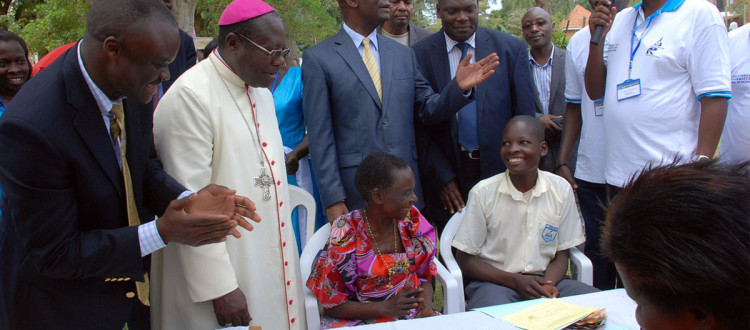The Future Is Here
When Professor Fred Ssewamala first proposed a program to give AIDS orphans in his native Uganda an opportunity to open their own savings accounts, skeptics doubted whether a child in one of the world’s poorest countries could be taught to save money. Almost ten years on and many of those skeptics are now believers.
After following the children who received this intervention for five years and taking assessments, Dr. Ssewamala has the evidence to show that vulnerable youth are less likely to engage in risky sexual behavior when they have even small amounts of savings, along with plans to use it for higher education or a small business.
Communications Director Mary-Lea Cox Awanohara spoke with Dr. Ssewamala and his research associate, Vilma Ilic, shortly after they held an official launch event in Uganda for their latest initiative, Bridges to the Future. The following is an edited version of the exchange.
Q: Vilma, you’ve been working with Dr. Ssewamala as a research associate and helped with the planning of the special launch event for Bridges to the Future, held in Masaka on September 29, 2012. How did you feel on that day?
VILMA ILIC: It was indeed a special day for the research team and for all of the communities where Fred has been conducting studies since 2004. We decided to hold the launch event at the Kimaanya Parish Grounds, located within the Catholic Diocese of Masaka, to honor the role of the Diocese as Fred’s collaborating institution since he started this research.
Q: Fred, was this a milestone in your research career?

FRED SSEWAMALA: Yes, because it was on a much larger scale than my previous studies, attesting to how the program has grown over nearly a decade. Not only have I been gathering outcomes data and publishing it in journals, but I’ve also been building up the research team and community partnerships. All of this takes time in Africa. On September 29th, more than a thousand children opened savings accounts at one of the three financial institutions with which we work, as part of Bridges to the Future, a program supported by a multi-million dollar grant from the National Institutes of Health.
Q: Dean Jeanette Takamura attended the event and gave one of the speeches. What were her impressions?
VILMA: A highlight for the Dean, as for many of us, was when the graduates of Fred’s previous programs gave speeches describing the hardships they endured as orphans—struggling for daily survival—and the psychological and economic transformations they underwent after the program equipped them with asset-building tools, mentorship, and income-generating skills. Many now have professional careers and university degrees. One said he’d never imagined he would be standing before an audience numbering in the thousands, recounting his successes and achievements in life. Many in the audience, myself included, were moved to tears.
Q: Fred, quite a few high-level government officials attended the event. What do you think they took away from it?
FRED: I hope they learned something about the potential for asset-based programs to influence the health, education, and overall development of the nation’s youth. At the very least, I’m sure they perceived the economic benefit of Bridges for a poor region like southern Uganda. Bridges provides the initial deposit for every account opened, which means that US$15–20,000 was poured into the region’s financial institutions on launch day. Actually, it was even more as some of the children’s caregivers opened accounts as well. That money can now be used for loans, credit, and liquidity—it can drive development.
VILMA: A clear beneficiary are the 48 primary schools that have been selected for the study. As part of the overall intervention package, the project provides new textbooks to the schools—which are extremely expensive, costing tens of thousands of dollars. Additionally, each participating child receives a school uniform, notebooks, a school lunch, and counseling during every term. When children are properly clothed and fed, they typically perform better in school and have higher attendance rates. As a result, the schools have better performance rates and are eligible to receive more government funding.

FRED: I may be a social work researcher but my ultimate goal is to change policy. When I gave my speech at the event, I urged the invited Members of Parliament to legislate policy that would create asset-building tools housed at formal financial institutions for every child in Uganda.
Q: Fred, as you are from Uganda, it must feel good to go home again and deliver such a hopeful message.
FRED: In fact, I’m not from the southern part of the country, where I’ve been conducting this research. Southern Uganda is nested between western Uganda, the west coast of Lake Victoria, and the northern border of Tanzania. HIV was first identified there, and to this day, the region has the highest HIV/AIDS prevalence and incidence rates in the country, although the factors driving incidence are different in 2012.
Q: But surely the fact that you are Ugandan strengthens your ability to do such ambitious research?
FRED: I’ve had my share of challenges. When I first proposed this idea to community leaders in 2004, most were hesitant and skeptical. How could orphaned children save money? What money did these children and their caregiving families possibly have to save, when the majority were living on less than two dollars per day? By holding this event, we wanted to say, look what microfinance does. It brings hope and an enterprising spirit to children and their communities. Families don’t need handouts. They need a helping hand.
* * *
The interview originally appeared in the Winter 2013 issue of CUSSW’s Spectrum magazine.
Related links:
- Bridges to the Future: Semiannual Report (September 2012 – February 2013) [PDF: 18 pages]
- Dr. Fred Ssewamala Offers Fresh Source of Hope to AIDS Orphans in His Native Uganda
Related external links:
- “Asset-building programs as social protection for OVC in sub-Saharan Africa,” by Vilma Ilic on OVC Wellbeing.org
- Featured interview with Professor Fred Ssewamala on the CITI-FT Financial Education Online Forum
- “Product-linked Financial Education,” Presentation by Professor Fred Ssewamala at the CITI-FT Financial Education Summit 2012
Images: Supplied by participants in the Bridges to the Future launch event that took place in Uganda late September 2012.
– See more at: http://socialwork.columbia.edu/news-events/future-here#sthash.GVNgGgXl.dpuf

